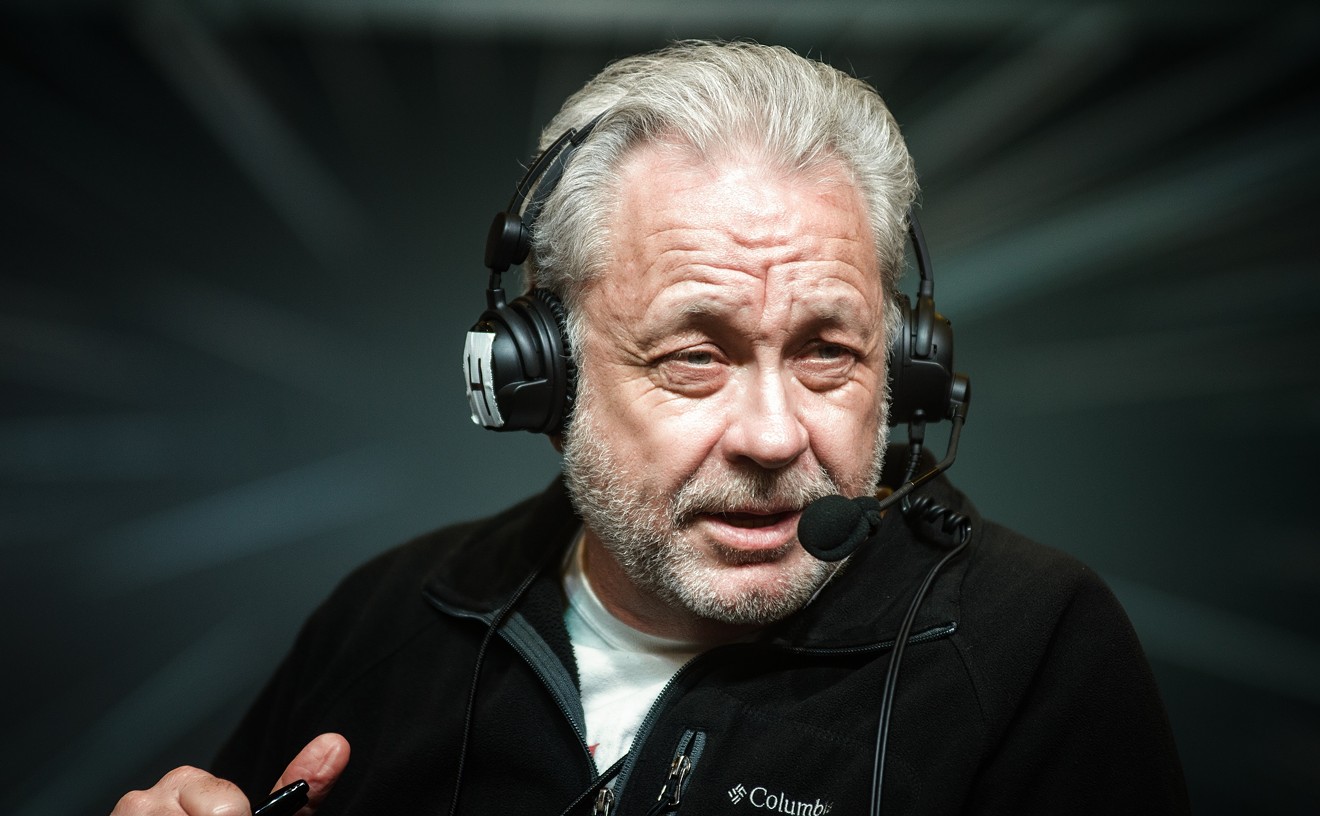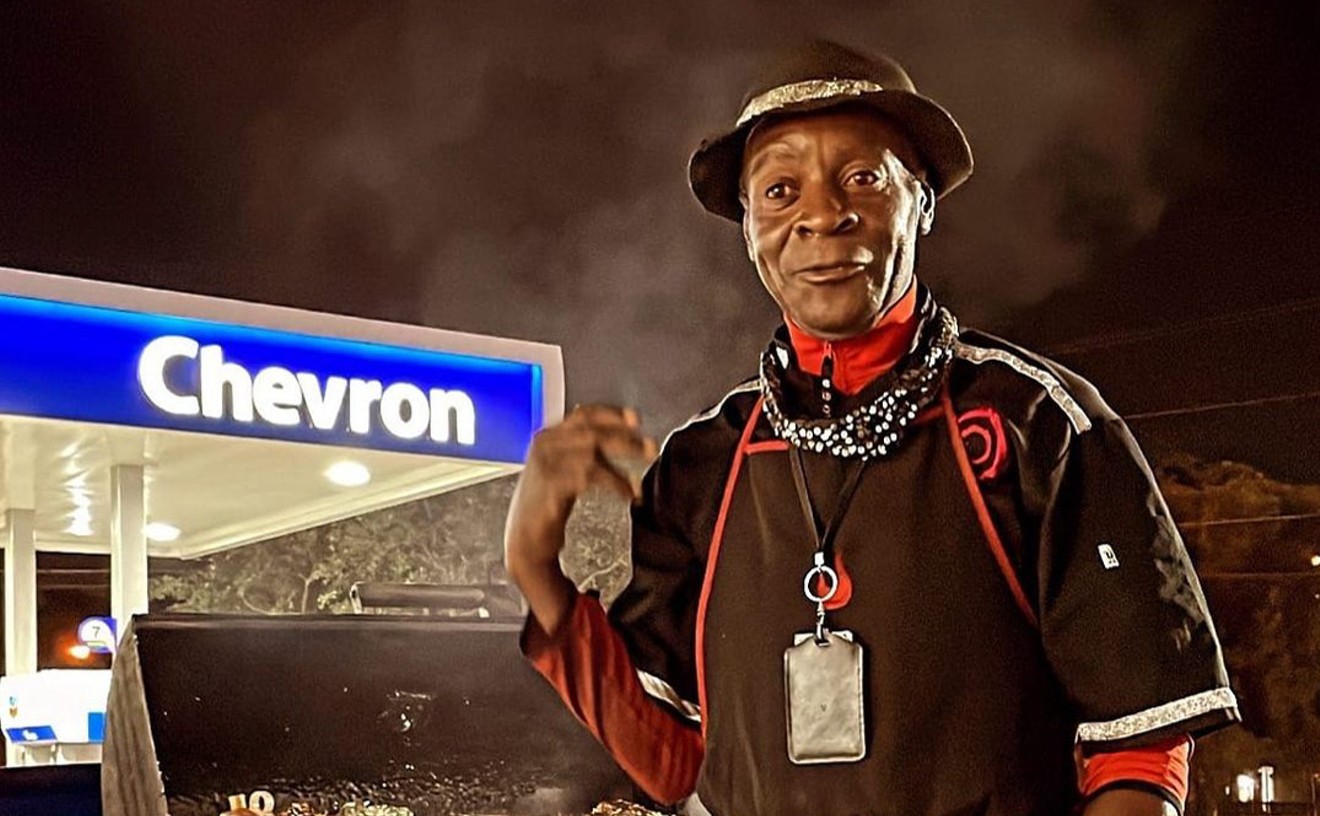'Tis a pity. Because Cuerda's delicate fable about the relationship between a little boy and his first teacher, set in the northwestern province of Galicia as the war clouds gather, has plenty to say not only about the enormous tragedy about to befall Spain but also about such timeless concerns as the power of imagination, the force of love, and the necessity of conscience. Cuerda takes us to a simple mountain village in the spring of 1936, but his overarching issue is the nature of humanity itself.
Producer-director Cuerda, who made most of his previous films for Spanish television, is 52, and the writer whose fiction he has adapted, Manuel Rivas, is a full decade younger, so they do not know first-hand the cruelties of the conflict that tore their country apart between 1936 and 1939. But both men understand that the national trauma is not over: The Generalissimo died 25 years ago, but the effects of his totalitarian rule linger, and Spain's civil war remains a commanding, emotionally charged subject for Spanish writers, artists, and filmmakers.
Here, Cuerda has drawn upon three Rivas short stories--each of which looks at crucial 1936 in a slightly different light. Artfully woven together by screenwriter Rafael Azcona, "La Lengua de Las Mariposas" ("The Tongue of the Butterfly"), "Carmina," and "Un Saxo en la Niebla" ("A Saxophone in the Mist") give us an unsettling picture of a society reveling in its fragile new democracy but increasingly divided by ideology, threatened by incipient violence, and disturbed by religious and sexual repression. On-screen, the dominant story is the first one, in which an asthmatic 6-year-old, Moncho (Manuel Lozano), is sent to school where, after a jittery first day, he blossoms under the tutelage of a kindly old teacher named Don Gregorio. Significantly, the old man, who is played by the great Spanish actor and director Fernando Fernan Gomez, is rumored to be both an atheist and a socialist. But his way with children is magical: He awakens in them an appreciation of poetry, a love of nature, and a respect for personal freedom. For little Moncho, a curious boy who already knows how to read, the classroom is heaven. We see his eager mind opening, drinking in the wonders of the world. If Don Gregorio personifies the spirit of Spanish liberty, his newest student surely represents the promise that his spirit will continue to flourish.
To give this heartbreaking tale some shading, Cuerda has incorporated elements of the two lesser Rivas stories, and that has worked surprisingly well. In one of them, little Moncho's older brother, Andres (Alexis de los Santos), is magically transformed, by a vision of first love, from a struggling student saxophonist into a fluent soloist playing a tender ballad. In the other, we learn that the republican-minded father of Moncho and Andres (Gonzalo Uriarte), who's the village tailor, has been guarding a family secret for years: It is something that neither the priests nor the fascists would much approve of, but the little boy is properly fascinated when he learns that he has a half-sister. In the context of the central action about Don Gregorio and Moncho and the agony of Spain, these dramatic diversions make good sense. They shed a little more light.
Compared with the gleeful satirist Pedro Almodovar or the great surrealist provocateur Luis Buñuel, Cuerda may seem a bit restrained. But not every Spanish director was born to excoriate the clergy or savage the discreet charm of the bourgeoisie. Direct and deceptively simple, Cuerda's moviemaking in Butterfly depends less on artifice than on emotion.
To get it, he's chosen just the right actors. After auditioning 2,500 boys, he picked young Manuel Lozano to play Moncho, and in this big-eyed, amazingly vivid kid the director has found the perfect embodiment of an idea--innocence corrupted by forces that innocence cannot fathom. In Don Gregorio, meanwhile, the filmmaker revives another kind of classic character--the idealist whose goodness threatens to destroy him. Now in his 80s, Gomez has a face that's a virtual roadmap of wisdom and sorrow, and his every gesture--taking a book down from a shelf, lumbering off into a meadow with his butterfly net, rubbing a hand over the new suit Moncho's father had made for him--speaks volumes about his interior life. The movies' time-honored old-man-and-boy theme has rarely been used to such great advantage. Beneath the simplicity of Don Gregorio and Moncho's story we discover the looming grief of a nation.










